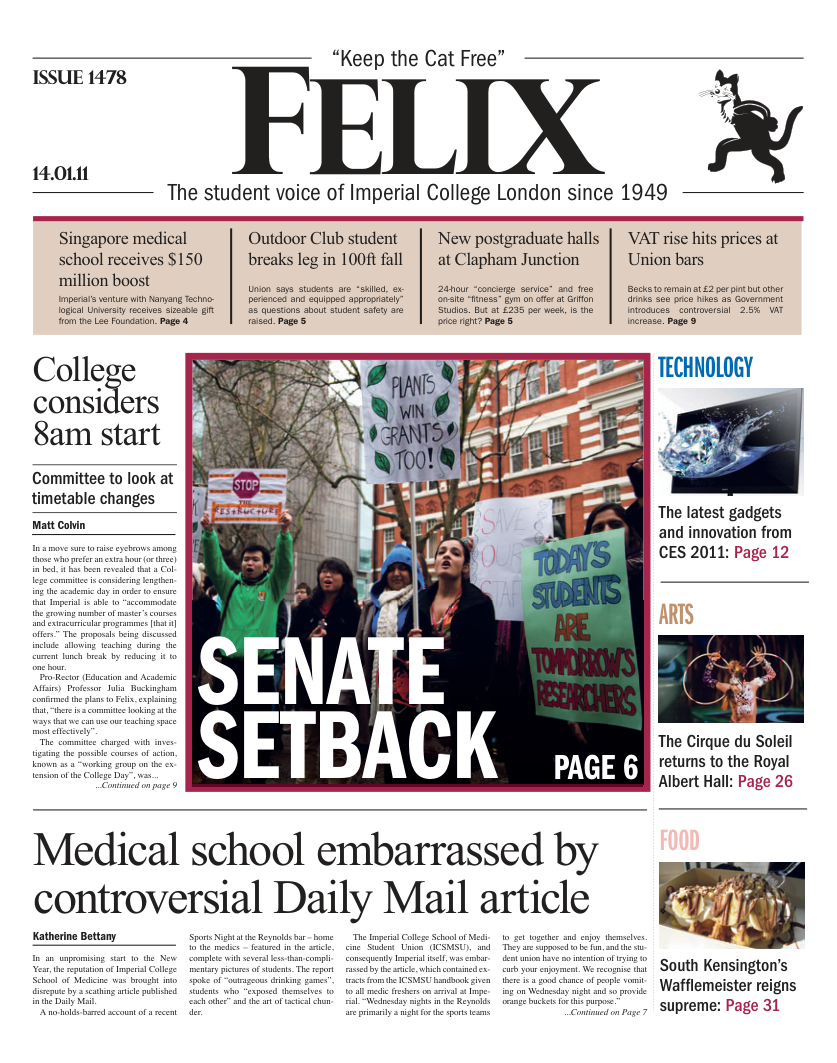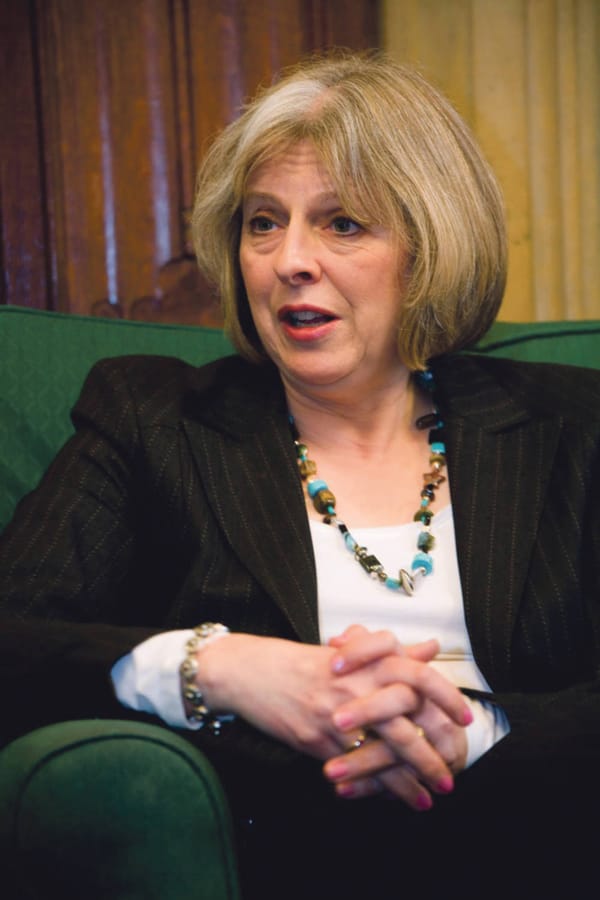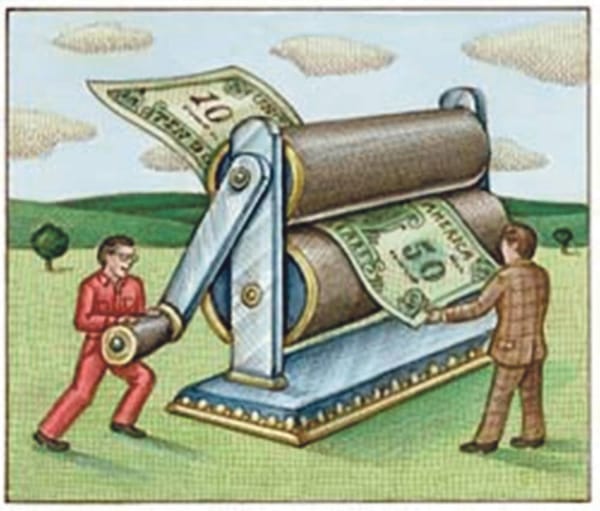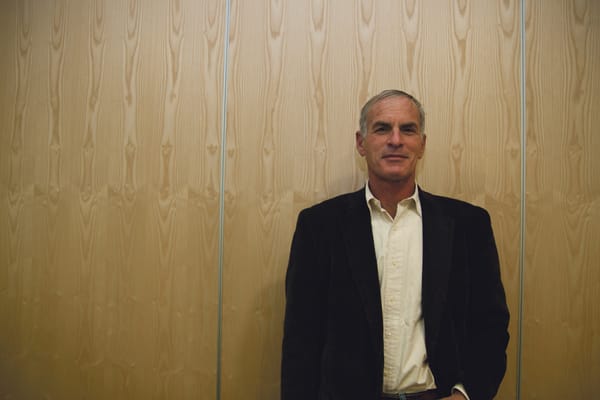South Sudan: democracy amidst chaos
The people of South Sudan look set to determine their own future
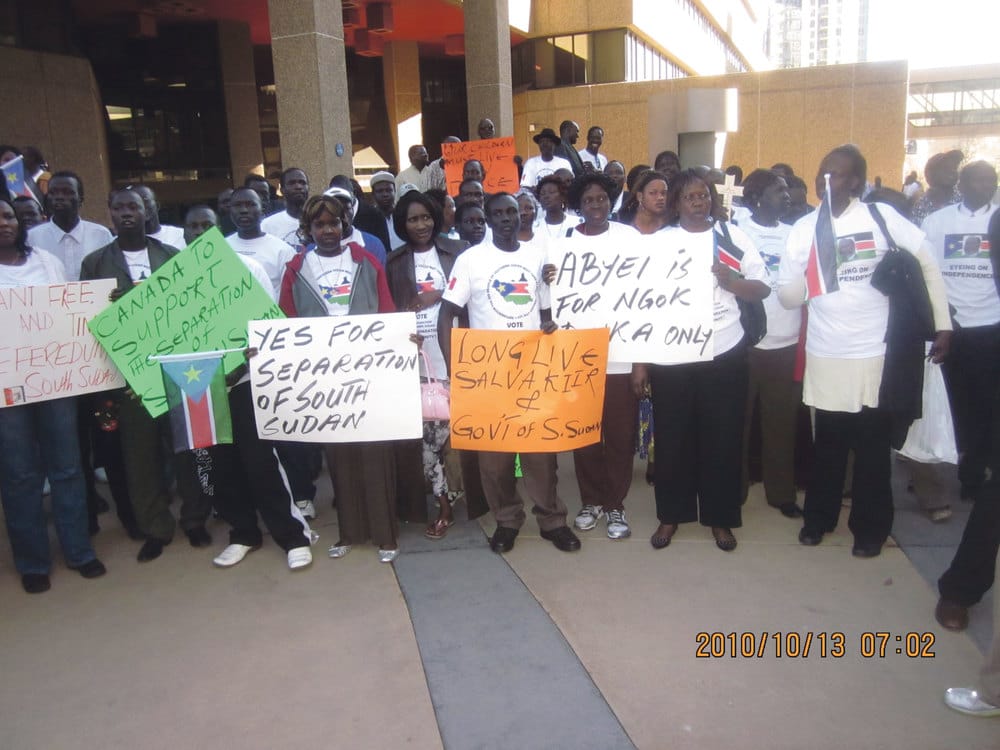
On Sunday, the Southern region of Africa’s largest country started voting in a week-long referendum on whether or not to become the world’s newest country.
You only have to look at a map of Sudan to see how unlikely it was that the country should have ever been unified. British and Egyptian colonialists left their trademark straight lines on much of its border, creating Africa’s largest country. The state entered into the longest civil war in African history just one year before its independence in 1956. The war, chiefly between its Muslim North and Christian/ Animist (a tribal tradition) South, claimed 2 million lives; finally ending in 2005 with a peace accord between the two sides, bringing with it the promise of a referendum on Southern independence which began last Sunday, the results of which are expected at the end of the month.
Independence has long been a desire for the country’s South who cite not just the religious differences with the North but also that a recent economic boom, as well as much of international aid, was centred around the country’s capital Khartoum which lies in the North. They also feel that the North has being making disproportionate gains from oil fields in the South. Squabbling over the details of the promised referendum only increased tensions between the two sides.
Few people doubt that the South will vote for independence. The required threshold of a 60% turnout was reached by Wednesday – no simple task with illiteracy at over 80% in the South making communication difficult. Supporters of a secession hope that the simplified, picture based voting form will help - two hands clasped means continued unity, one hand held up means separation.
Signs are promising; although the President of Sudan, Omar Al-Bashir, has warned that the South faces instability if it separates, he has also said he will accept the decision and will help the new state in whatever way they require.
Nevertheless, the international community will be watching the vote closely. The UN already has 10,000 peace keeping troops in the country, not including those in Darfur, and the country’s neighbours are preparing reluctantly for the probable secession; the most turbulent parts of both Kenya and Uganda are those that border Sudan and this move is unlikely to stabilise the area.
The North will not happily lose the South, the oil fields of which are a lucrative source of revenue. The international community can play its part here – the forgiveness of some of the country’s $40 billion debt could ease economic tensions but the deep problems in the region will be far from resolved after the vote, however it falls. But there are also fears that without the incentive of appeasing the less socially conservative South, North Sudan will become an increasingly authoritarian Islamic state.


